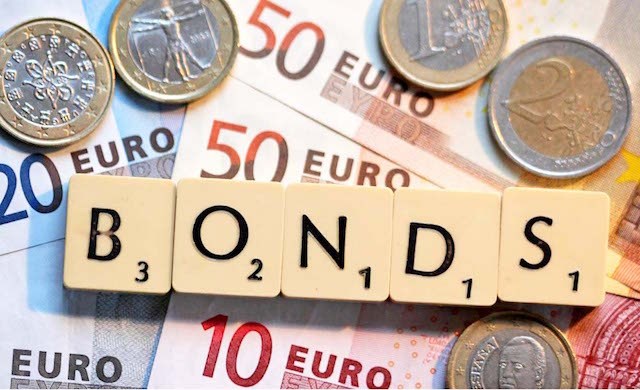In the wake of wild fluctuations in the domestic economy, Nigeria’s US dollar-denominated bond experienced pressure from selloffs on the global market. Foreign asset managers sold their holdings in Eurobonds, which resulted in a drop in price across standard tenors and a 12-basis-point increase in yield.
The country’s foreign currency-denominated borrowing instrument experienced severe selling pressure as a result of the spike in inflation and the anticipation that the Central Bank of Nigeria would likely raise interest rates in an attempt to combat the market’s low consumer price index.
Sub-Saharan Africa’s eurobond market saw a decline in price as investors responded to expectations of a September rate decrease by the US Federal Reserve.
All ends of the yield curve showed signs of sell pressure, which caused the average yield to rise by 12 basis points to 9.90%, traders at Cowry Asset Limited said in an email note.
US Market
Treasury yields nudged higher early Thursday as traders continued to absorb some slightly stronger than expected U.S. economic data and more cautious comments on interest rate cuts from Federal Reserve officials.
The yield on the 2-year Treasury added 1.9 basis points to 4.465%. The yield on the 10-year Treasury rose 2.1 basis points to 4.182%.The yield on the 30-year Treasury climbed 2 basis points to 4.396%.
UK Market
The UK’s 10-year gilt yield remained at 4.08%, above a three-week low hit on Tuesday, as traders assessed new economic data to predict the Bank of England’s next moves on interest rates.
This week’s inflation and labor market data complicate the BoE’s decision on whether price pressures are easing enough to cut rates from a 16-year high.
Despite a cooling job market with wages growing at their slowest in nearly two years, services inflation remained high at 5.7%, above the BoE’s forecast of 5.1%.
Germany Bund
Germany’s 10-year bond yield stayed at 2.424%, a three-week low, as investors awaited the ECB’s policy decision. The ECB is expected to keep interest rates steady today, preferring to wait for more inflation data before deciding on further cuts. In September, officials will have additional inflation, wage, and productivity data to consider.
The European Central Bank is in no rush and isn’t on a predetermined path; therefore, it is expected to avoid explicit guidance at Thursday’s meeting, analysts at Deutsche Bank Research say in a note. That said, the underlying direction of travel is clear, they say.
Deutsche Bank Research economists expect the ECB to follow June’s interest-rate cut with two more reductions this year, to be delivered in September and December. “But a September cut isn’t a done deal, and recent data suggest the ECB staff need to revise the near-term inflation outlook higher,” they say. Markets are pricing in 19 basis points of interest-rate cut for September, according to Refinitiv.













